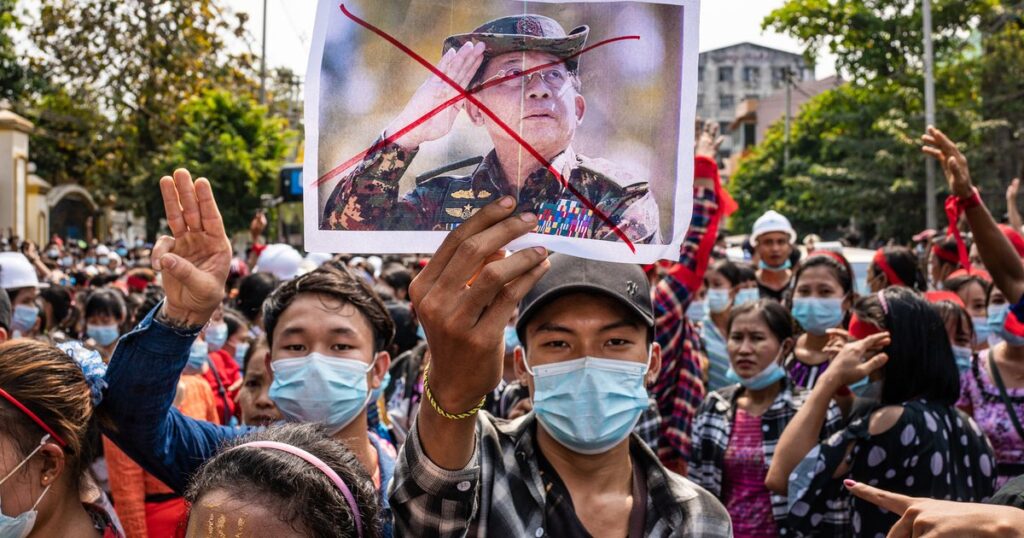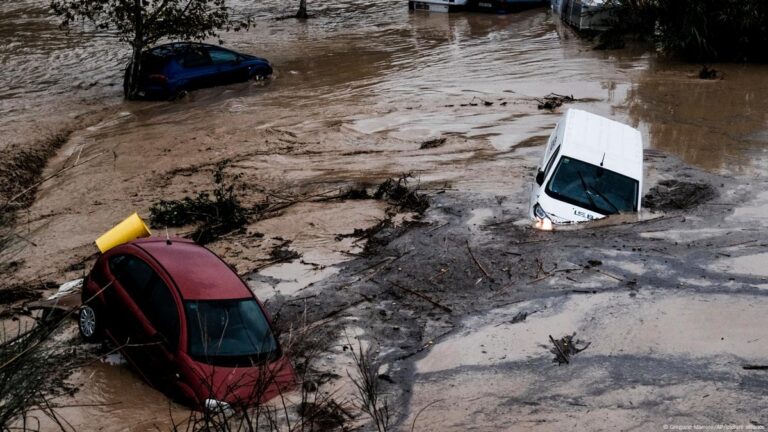
Myanmar’s Economic Collapse Risks Famine for Over 2 Million People
Over two million people in Myanmar’s Rakhine state could face famine within months due to an unprecedented economic collapse. The situation has been caused by fierce conflict, civil strife and trade blockades.
Economic Collapse and Risk of Famine
Rakhine state, bordering Bangladesh to the west, is on the brink of a humanitarian disaster. People’s incomes are plummeting, rice cultivation is drastically reducing, and military-imposed trade restrictions are leading to severe food shortages and hyperinflation. Some locals have even resorted to eating rice bran, typically used as animal feed, to escape hunger.
According to a forthcoming United Nations Development Program (UNDP) research, this situation is unprecedented in Myanmar. If it extends to 2025, almost 2 million people are at risk of starvation.
The Impact of Conflict and Military Control
A violent conflict in Rakhine state, on Myanmar’s border with Bangladesh, was reignited last year. There is ongoing intense fighting between the army and the Arakan Army, an ethnic Rakhine group seeking an autonomous state. The military-imposed restrictions seem to be aimed at isolating Rakhine from the rest of the country and imposing collective punishment on the population.
The junta chief, Min Aung Hlaing, has denied these accusations, blaming the Arakan army for the socio-economic destruction.
Struggles of Displaced People
The situation is particularly dire for the 511,000 displaced people in Rakhine, including the Rohingya, who rely heavily on aid. Access to humanitarian agencies has been severely limited by bureaucratic hurdles imposed by the military and the intensity of the conflict.
The conflict has halted the construction sector, a significant source of jobs, and forced hundreds of thousands of people from their homes.
The Role of International Bodies
The UNDP has called for lifting all restrictions to allow commercial goods to move in and out of Rakhine, including through Myanmar’s borders with India and Bangladesh, and to grant unhindered access for aid workers.
However, the crisis in Myanmar has reached a point where daily relief work can only temporarily alleviate hunger. A larger political disaster and collapse are looming, requiring a solution through full political mediation involving the rest of the world, led by immediate regional actors and the Association of Southeast Asian Nations (ASEAN), with the support of the UN.
The desperate situation for the Rohingya population in Rakhine state is particularly worrying. As conditions worsen, there has been a sharp increase in dangerous boat journeys to try to reach Indonesia.





